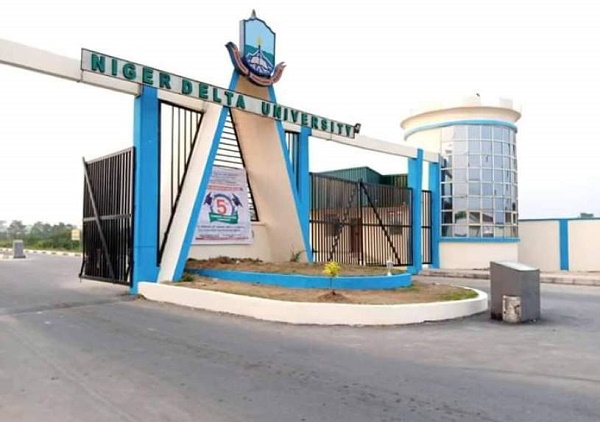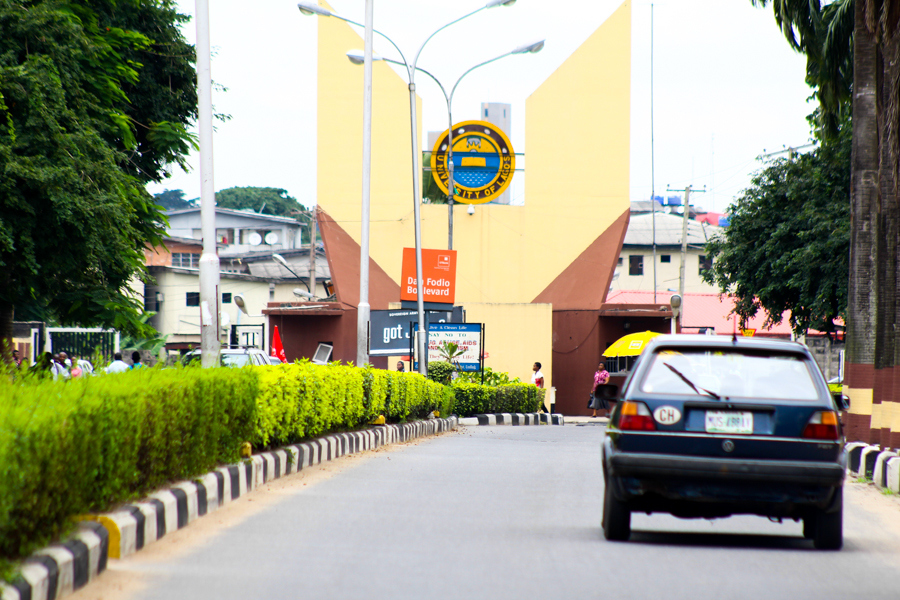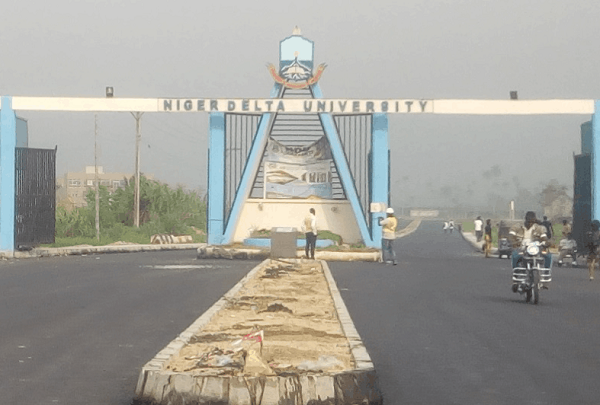Despite directly impacting our communities, health and livelihood, climate-related reports usually take a back seat to dominant news beats like politics and business. Climate Watch aims to ensure you never miss important stories on climate change and actions being taken towards limiting its impact.
Here is a round-up of last week’s climate stories:
- It was a sad weekend for residents of Jalingo, capital of Taraba, as they woke up to a heavy downpour in the early hours of Saturday. The downpour caused a flood that led to loss of property, livestock, food items and businesses. Residents of the affected communities have called on the state government and emergency management agencies to come to their aid. Find out what the state government had to say about the development.
- In a bid to support countries’ transition to renewable energy, the African Development Bank (AfDB) has approved $170.9 million green climate fund (GCF) to finance decentralised renewable energy projects in six countries, including Nigeria. The bank said the funding is part of an overall $900 million programme budget with the aim of scaling up roll-outs of mini-grids, solar home systems, commercial and industrial solar solutions in the programme countries. The programme would provide renewable energy to six million people and businesses as well as prevent 28.8 million tonnes in carbon emissions. Find out more here
Advertisement
- As a way of showing commitment towards its climate goals, the federal government last week inaugurated a 1.52 megawatts-peak (MWP) and 2.28 megawatts-hour (MWH) solar microgrid system for the ministry of works and housing and the ministry of environment. At the inauguration, the president who was represented by Boss Mustapha, secretary to the government of the federation ( SGF), said the solar grid will engender a more conducive working environment for workers while making room for better efficiency and quality service delivery. He said the government is committed to the climate change agreement to reduce carbon emissions and save the planet from global warming while also delivering solar energy alternatives locally and internationally. Read more here.
- Nigerian oil communities have constantly suffered environmental hazards through the activities of oil companies operating in their lands. An environmental rights group last week called out Agip Oil Company (NAOC) to take responsibility and end oil spills in Tein community, Biseni, Yenagoa LGA of Bayelsa. The group noted that Tein, which is predominantly a community of fishermen and farmers, has been adversely impacted by oil spills over the years. Alagoa Morris, the group’s head of field operations, who called for an immediate cleanup of the community said several spills which occurred within the Biseni Asamabiri cluster are yet to be remediated. Find out more here.
- In order to fight the adverse effects of climate change, such as deforestation and desertification, Plateau government intends to reactivate its environmental laws to prosecute persons involved in illegal tree felling in the state. Usman Idi, commissioner for environment, said the reactivated environmental laws will address the illegal felling of trees, especially in remote areas of the state that serve as forest reserves. He said all the officers attached to the forest reserves have been notified to ensure that they patrol the areas to safeguard them, warning that anyone caught within the reserve areas felling trees would be prosecuted. Read more here.
Advertisement
Add a comment






